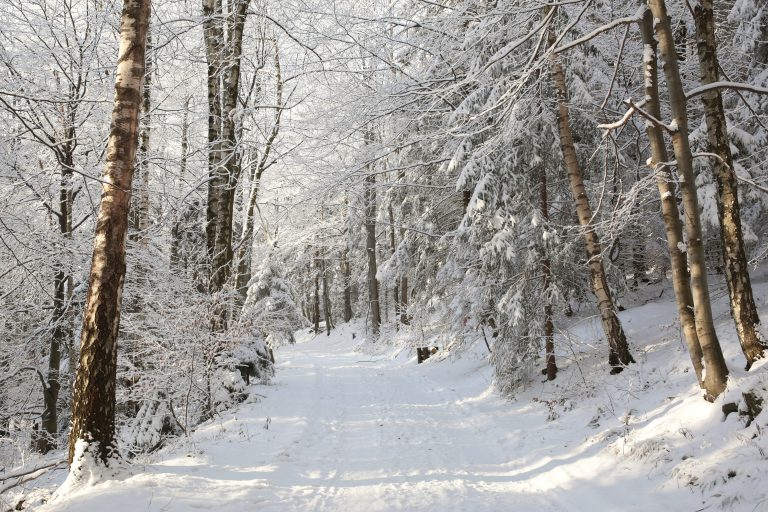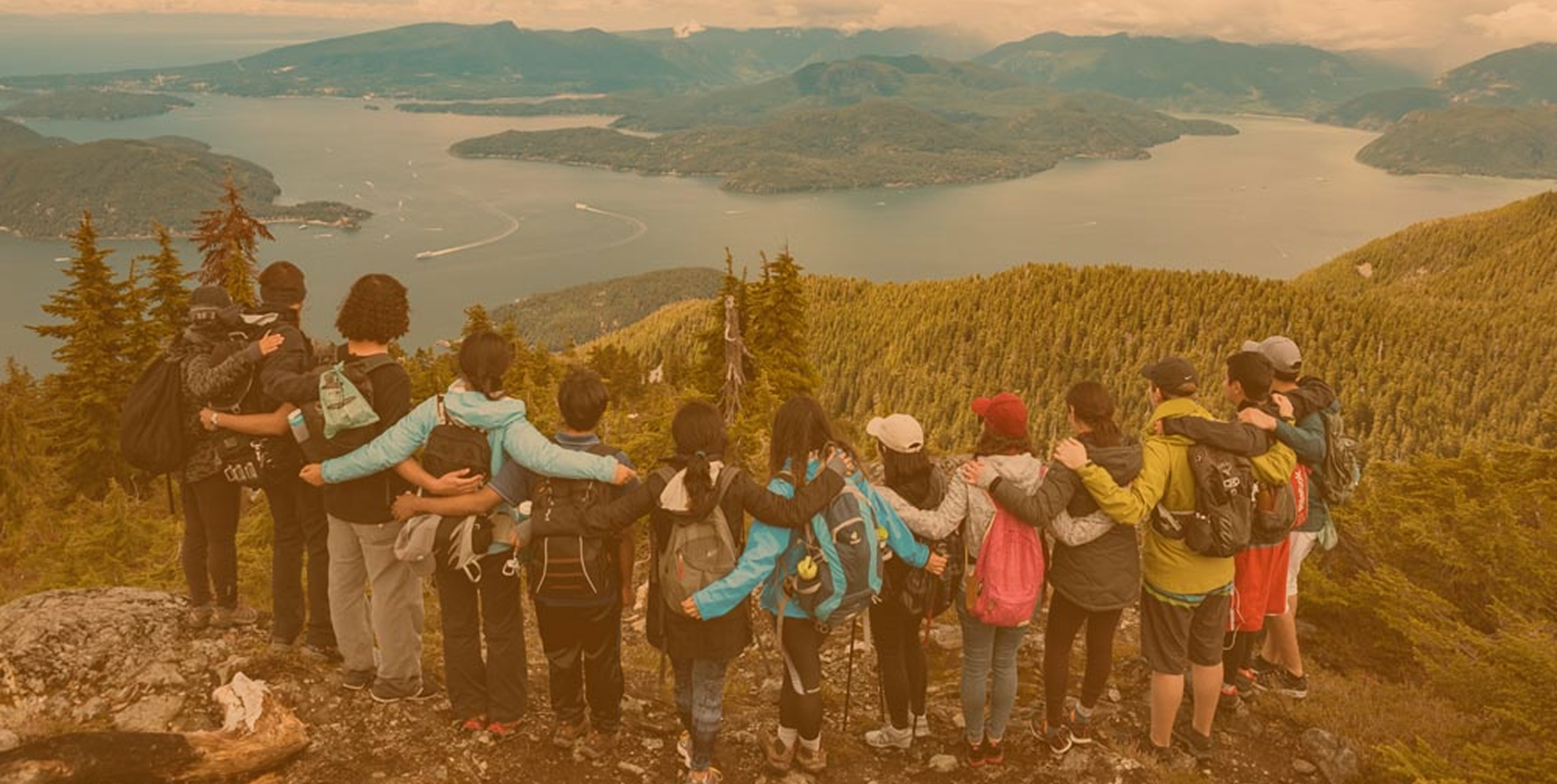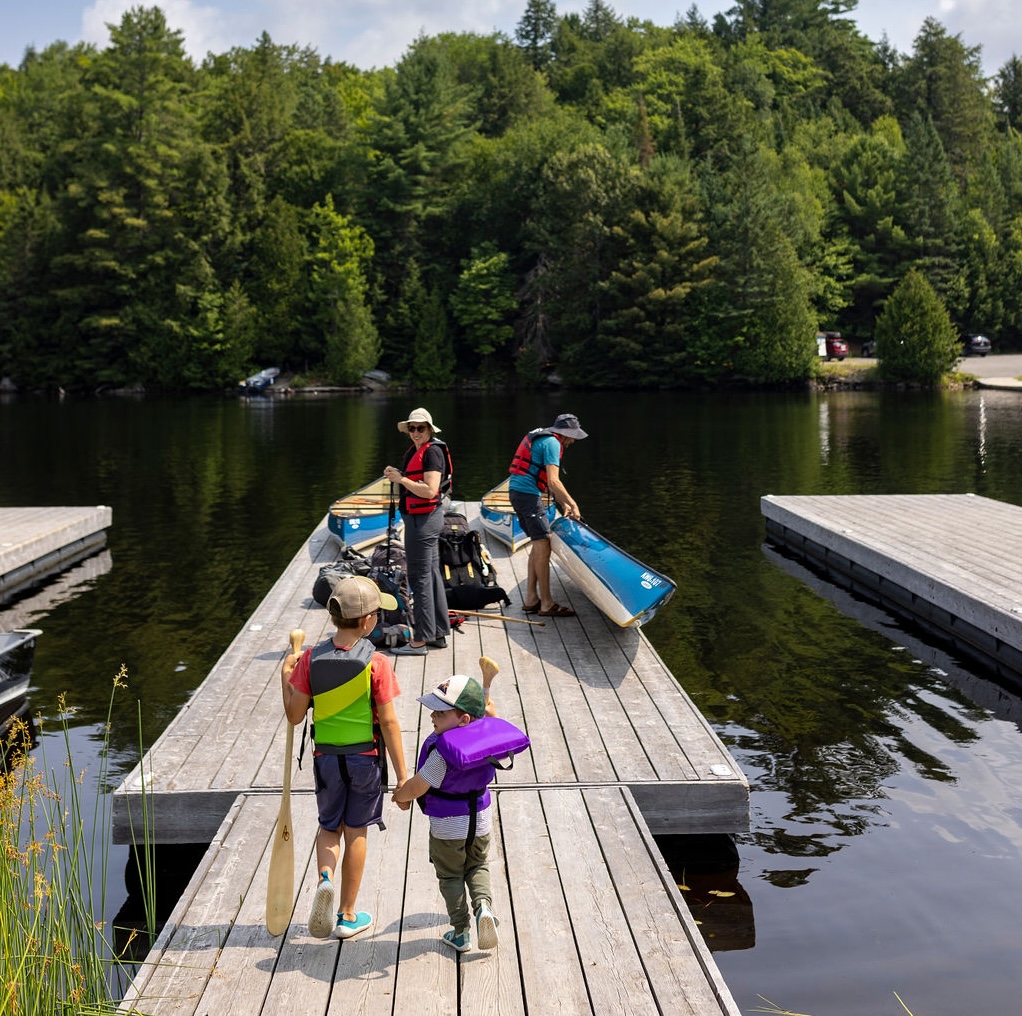The Urban Dweller's Guide to Responsible Nature Travel: Why Taking the Bus to the Wilderness is a Game-Changer

The Urban Nature Disconnect: A Growing Challenge for City Dwellers
Living in Canada's bustling cities like Toronto, Vancouver, or Edmonton offers incredible opportunities, but it often comes with an unexpected cost: disconnection from nature. Recent studies show that urban Canadians spend less than 2 hours per week in natural environments, despite 87% expressing a strong desire for regular outdoor experiences. This disconnect isn't just about preference—it's becoming a public health crisis, with urban stress levels at all-time highs and mental health issues on the rise.
The biggest barrier? Transportation. For most city dwellers, accessing pristine wilderness means navigating traffic, finding parking, dealing with car maintenance, and shouldering the environmental guilt of solo driving to fragile ecosystems. A single car trip from downtown Toronto to Algonquin Park generates approximately 180kg of CO2 emissions. Multiply that by the thousands of nature-seekers making similar trips each weekend, and the environmental impact becomes staggering. Ironically, our attempts to connect with nature often contribute to its degradation.
But what if there was a better way? What if we could access Canada's stunning wilderness areas without the stress, expense, and environmental impact of individual car travel? The answer lies in rethinking how we approach nature access altogether.
The Environmental and Economic Case for Bus Travel
When we examine the true cost of car-based nature trips, the numbers tell a compelling story. The hidden costs extend far beyond gas prices and include vehicle depreciation ($0.18/km), insurance allocation, maintenance, parking fees, and time lost to traffic and navigation stress. For a typical trip from Toronto to Algonquin Park, the real cost of driving approaches $280 when all factors are considered.
Compare this to a comprehensive bus experience at $195, which includes transportation, expert guidance, park admission, and the elimination of all driving-related stress. But the true value becomes clear when we consider the environmental impact. A fully-loaded bus generates just 0.089kg of CO2 per passenger per kilometer, compared to 0.251kg for a solo car journey—a 65% reduction in carbon emissions per person.
Popular natural destinations face mounting pressure from increased visitation, with overcrowded parking lots, trail erosion, and habitat disruption as direct consequences of unmanaged tourism. Group transportation naturally limits visitor numbers while providing structured, low-impact access to sensitive ecosystems. This isn't just about reducing individual environmental footprints—it's about creating a sustainable model for nature access that can scale with growing urban populations.
The economic benefits extend beyond individual savings. When cities invest in group transportation to natural areas, they reduce infrastructure strain, decrease traffic congestion, and create economic opportunities for rural communities hosting nature travelers. Vancouver and Toronto are already exploring these models, recognizing that car-free outdoor access represents both environmental necessity and economic opportunity.
Stress-Free Adventure: The Hidden Benefits of Group Travel
Consider your last solo drive to a hiking destination. Between navigation anxiety, traffic delays, parking searches, and arrival fatigue, how much mental energy remained for actually enjoying nature? Bus travel eliminates these stressors entirely, allowing passengers to arrive refreshed and ready for outdoor experiences.
The journey itself becomes part of the adventure. Instead of white-knuckling through traffic, travelers can use transit time productively—reading about their destination, connecting with fellow adventurers, or simply relaxing and watching the landscape change. Many report that their nature experience begins the moment they board the bus, not when they reach the trailhead.
Group travel also provides safety advantages that solo adventurers often overlook. Professional guides bring wilderness first aid training, emergency communication equipment, and years of experience managing outdoor risks. When challenges arise—weather changes, equipment failures, or medical emergencies—trained professionals can respond quickly and effectively. This safety net allows participants to push their comfort zones and try new activities with confidence.
Research from the University of British Columbia found that people who participate in group outdoor activities show 40% higher long-term engagement with conservation efforts compared to solo adventurers. The social connections formed during shared outdoor experiences create lasting commitment to environmental protection and outdoor recreation. These relationships often extend beyond single trips, creating communities of environmentally-conscious outdoor enthusiasts.
Expert Knowledge: Transforming Simple Visits into Educational Adventures
Professional nature guides transform simple visits into educational adventures that create deeper connections with natural environments. From identifying bird species and explaining geological formations to sharing Indigenous land histories and ecological relationships, expert interpretation helps visitors understand the complex systems they're experiencing.
This enhanced understanding often translates into stronger environmental stewardship. When visitors learn about the challenges facing specific ecosystems, the importance of Leave No Trace principles, and their role in conservation efforts, they become advocates for protection rather than simply consumers of outdoor experiences. Guides also help visitors develop practical skills—reading weather patterns, identifying edible plants, or understanding animal behavior—that increase confidence and safety during future independent adventures.
The educational value extends beyond environmental knowledge. Many guides share cultural histories, traditional land uses, and contemporary conservation efforts that provide context for natural landscapes. This holistic approach helps visitors understand their place within larger ecological and cultural systems, fostering respect and responsibility that extends well beyond single trips.
Breaking Down Barriers: Accessibility and Inclusion in Outdoor Recreation
Car ownership shouldn't be a prerequisite for nature access, yet traditional outdoor recreation models assume vehicle availability. Many urban dwellers—particularly young professionals, students, seniors, and new Canadians—lack reliable vehicle access or face financial barriers to car ownership. Bus-based nature travel democratizes outdoor experiences, ensuring economic status doesn't determine wilderness access.
Well-designed group trips accommodate diverse fitness levels and interests, creating inclusive environments where everyone can find their preferred way to connect with nature. While some participants tackle challenging hikes, others may prefer photography, bird watching, or simply enjoying peaceful lakeside time. This flexibility ensures that physical limitations don't prevent meaningful outdoor experiences.
For many urban residents, particularly those from backgrounds where outdoor recreation wasn't culturally emphasized, group travel provides a supportive introduction to wilderness experiences. Professional guides can teach basic outdoor skills, explain safety protocols, and help newcomers build confidence in natural environments. This supportive approach often creates lifelong outdoor enthusiasts who might never have discovered their love for nature through solo exploration.
The social aspect of group travel also addresses the isolation that prevents many people from pursuing outdoor activities. Rather than feeling vulnerable or uncertain in unfamiliar environments, participants benefit from shared experiences and mutual support. These connections often extend beyond single trips, creating networks of outdoor partners and mentors.
Maximizing Your Sustainable Nature Adventures
To get the most from bus-based nature travel, come prepared with curiosity rather than rigid expectations. Research your destination beforehand, but remain open to discoveries that guides and fellow travelers share. Bring appropriate gear for activities and weather, but don't over-pack—part of the joy of group travel is learning from others' experiences and recommendations.
Engage actively with group dynamics by asking questions, sharing your own knowledge, and supporting fellow participants. Some of the most memorable outdoor experiences come from unexpected connections and shared challenges. Be prepared to try new activities or explore areas you might not have chosen independently—group leaders often have insider knowledge of hidden gems and optimal timing for various experiences.
Use the transportation time wisely by connecting with guides and other participants. These relationships often provide opportunities for future adventures and ongoing outdoor education. Many successful outdoor enthusiasts trace their passion back to a single group trip where they met mentors or discovered new activities.
Consider your role as an environmental ambassador. Group travel provides opportunities to model Leave No Trace principles, share conservation knowledge, and inspire others to choose sustainable travel options. Your participation in bus-based nature access contributes to a growing movement that prioritizes environmental responsibility and community building.
The Future of Urban-Nature Connection
As Canadian cities continue growing, sustainable nature access becomes increasingly critical for both urban resident wellbeing and ecosystem protection. Bus-based outdoor travel represents a scalable solution that can accommodate growing demand while protecting the environments we cherish. Forward-thinking cities like Vancouver and Toronto are already investing in improved transit connections to natural areas, recognizing that car-free outdoor access is both environmental necessity and economic opportunity.
This infrastructure development, combined with specialized nature travel services, points toward a future where sustainable outdoor adventure becomes the norm rather than the exception. As more urban dwellers experience the benefits of group-based nature access, demand will drive further innovation in sustainable tourism models.
The choice between car-based and bus-based nature access represents more than transportation preferences—it reflects our values regarding environmental responsibility, community building, and sustainable living. By choosing group travel to natural destinations, urban dwellers can enjoy richer experiences while contributing to conservation efforts and building meaningful connections with both nature and fellow adventurers.
The wilderness is calling, and sustainable transportation ensures we can answer that call without compromising the very environments we seek to enjoy. The future of urban-nature connection is group-based, guide-led, and guilt-free. Ready to explore Canada's incredible natural destinations without the environmental guilt or logistical stress? Discover how guided bus tours transform urban dwellers into confident outdoor adventurers while protecting the places we love.
Want Deals and First Access to New Trips?
Subscribe to stay updated.

More to Read. More to Explore.
Find more trip ideas, travel tips, and outdoor inspiration.





.jpg)






